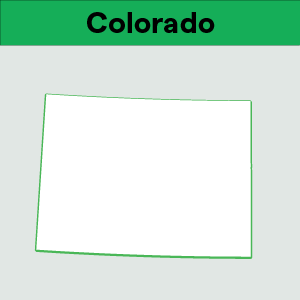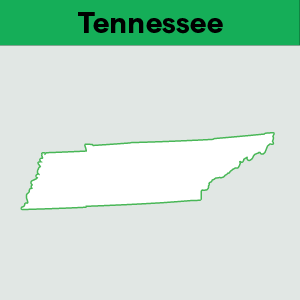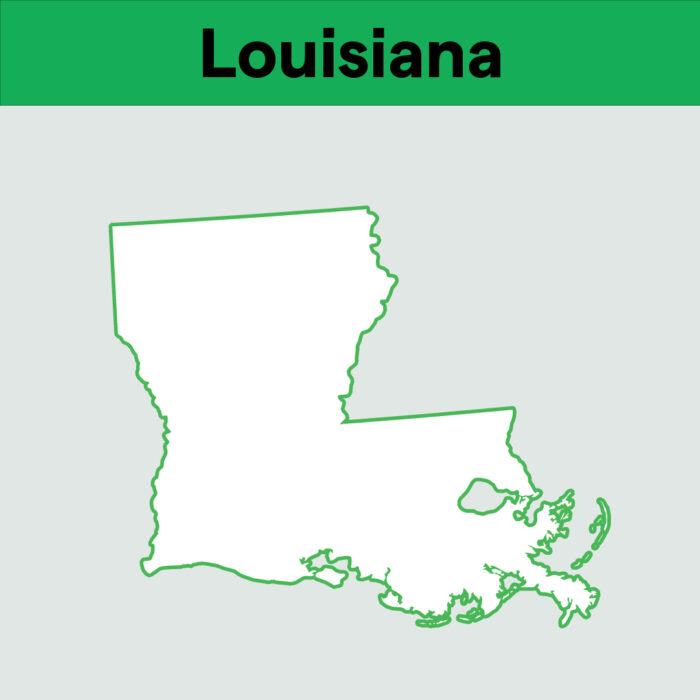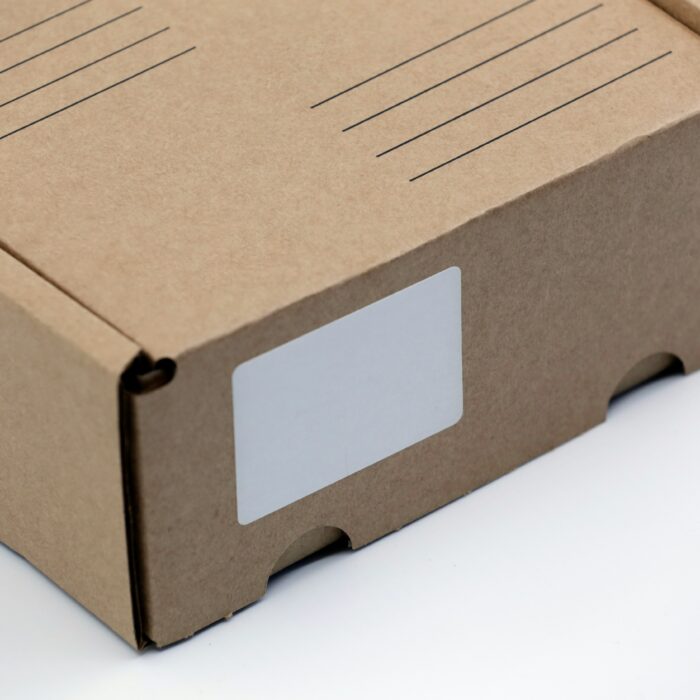Is food taxable in Michigan?
by December 30, 2024
Food is a tricky category when it comes to sales tax, and states approach it in a variety of different ways. One of the things that makes it challenging is that it’s typically not viewed as a single category at all, but treated differently depending on whether it’s been prepared or packaged, for instance. This primer will walk you through when – and when not to – charge sales tax when selling food and beverages in Michigan.
Are groceries taxable in Michigan?
First, the good news: Sales of grocery food are exempt from the sales tax in Michigan. In the state of Michigan, grocery items are defined as food purchased for human consumption and are exempt from sales tax.
However, prepared food intended for immediate consumption is subject to tax. We’ll cover that next.
Are meals taxable in Michigan?
Food for immediate consumption, including meals, is taxable. Michigan defines this as:
- food sold in a heated state or that is heated by the seller
- two or more food ingredients mixed or combined by the seller for sale as a single item; or
- food sold with eating utensils provided by the seller, including knives, forks, spoons, glasses, cups, napkins, straws, or plates, but not including a container or packaging used to transport the food.
Food displayed on salad or food bars for carry out is considered prepared food for immediate consumption. This includes salad bars at restaurants or grocery stores.
The Michigan Sales Tax Act states “food or drink prepared and served for immediate consumption at or near the premises or ordinarily sold on a takeout basis for immediate consumption either on or off the premises” is intended for immediate consumption and is taxable.
Therefore, prepackaged items including canned or bottled beverages, candy bars, potato chips, boxes of cookies and salads sold by carry-out restaurants are taxable.
Are beverages taxable in Michigan?
Sealed containers of beverages, such as cans and bottles of pop and juice, including chilled beverages, are not included in the definition of “food for immediate consumption” and are exempt as food for home consumption in most cases. However, sales of covered glasses, cups or other containers of pop and juice are considered food for immediate consumption and are taxable because they are not sealed. Cans, bottles, and glasses of pop sold through vending machines are taxable.
How to always collect the correct amount of sales tax in Michigan
Do you sell groceries, meals or beverages? Are you required to collect sales tax in Michigan? Then this may sound like a huge headache.
That’s where TaxJar can help.
With the TaxJar API, you can be sure you’re collecting the right amount of sales tax on every transaction. Our product tax codes ensure you do collect sales tax on that soft drink but don’t collect sales tax on that plain coffee drink.
Not to mention, most e-commerce businesses have nexus in multiple states. For example, groceries are taxable in some states, but non-taxable in others. Or, like Illinois, they are taxable at a reduced rate. With TaxJar, you’ll collect the right amount of sales tax from every customer, in every state, every time.
Further food and meal taxability resources:
- Sales Tax by State: Are grocery items taxable?
- Sales Tax by State: To-Go Restaurant Orders
- Is the food I sell on my food truck taxable?
- Michigan Sales Tax Guide for Businesses
Ready to automate sales tax collection, reporting and filing? Click here for more on how TaxJar can take the headache out of sales tax in your food & beverage business.








